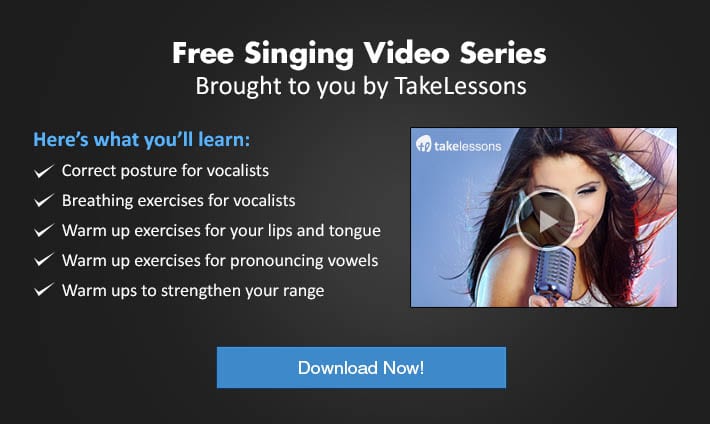 We know what you’re thinking: what the heck is audiation? Most musicians use the skill every day, even if you have no idea what it is. Read on and Boulder teacher Will S. will explain what it means, how it works, and how to use it to your advantage…
We know what you’re thinking: what the heck is audiation? Most musicians use the skill every day, even if you have no idea what it is. Read on and Boulder teacher Will S. will explain what it means, how it works, and how to use it to your advantage…
As a young man my father taught me an important lesson that has stuck with me ever since. He said, “Think before you speak.” These words were simply my dad’s way of preparing me for the real world. Lucky for us musicians a parallel exists in the music world so I can share with you a derivative of my dad’s advice. It’s more like: “Think before you play.” In this article, I’ll expand on a concept called audiation to help you do just that.
Audiation is a musical tactic often overlooked by a vast majority of musicians, even though they use it subconsciously every day. Let me clear things up for you! Audiation is defined as a high level thought process involving mentally hearing and comprehending music even when no physical sound is present. Let’s give it a shot together: sing in your head, without making any physical sounds, the song “Mary Had a Little Lamb.” Amazing! You have just used audiation.
So what does this mean to us as music educators?
1) We should first acknowledge the pioneer of audiation, Edwin E. Gordon, who identified the key concepts behind the process and encouraged the adoption of this process into every music educator’s tool belt. Gordon suggests that in order to audiate while performing music through imitation, you must be able to do the following: sing what you have played; play a variation of the originally melody; play the melody in a different key, tonality, or with alternative fingerings; or demonstrate with body movements the phrases of the melody.
2) We should incorporate these strategies into our lessons even if at a minimal level to help our students become stronger musicians. I like to use the old elementary P.E. basketball example: “Imagine the basketball going into the hoop when you let go of it.” This is exactly audiation in sports form. Tell your students to think the first phrase through from m.1 to m.9, for example, then play exactly what they were able to audiate. I promise you will notice an immediate difference in the confidence a student has in their ability to play that certain phrase.
3) We should use this process as a key for improvisation skills. As a music educator, I am always striving to teach my students to think on their own and on their feet! Improvisation is a great strategy to use with students especially when accompanied by audiation. Using audiation helps the students get to a level of achievement where they feel comfortable looking away from sheet music. Remind them that the sheet music also exists in their mind, and audiation can unlock that musical manuscript.
I’ll conclude with a note from Gordon’s website (http://giml.org/mlt/audiation/): “Through development of audiation students learn to understand music. Understanding is the foundation of music appreciation, the ultimate goal of music teaching.”

Will S. teaches drum, clarinet, music performance, music theory, and percussion lessons to students of all ages in Boulder, CO. He joined the TakeLessons team in June 2012, with a Bachelor’s degree in Music Education and several years of experience teaching various styles and genres. Sign up for lessons with Will, or visit the TakeLessons search page to find a music teacher near you!
Photo by Tadeu Pereira (Ted).
Suzy S.
